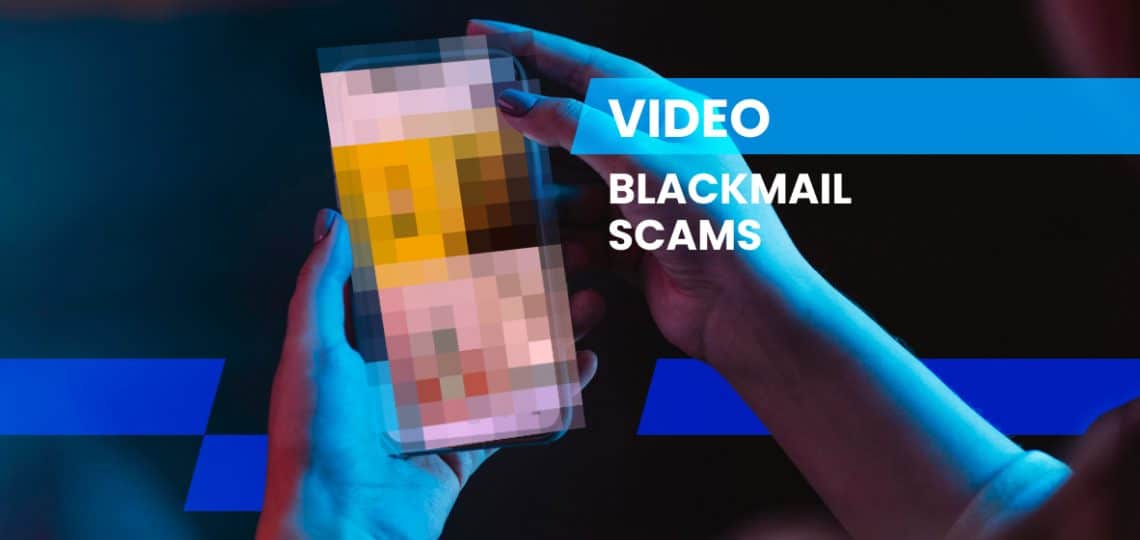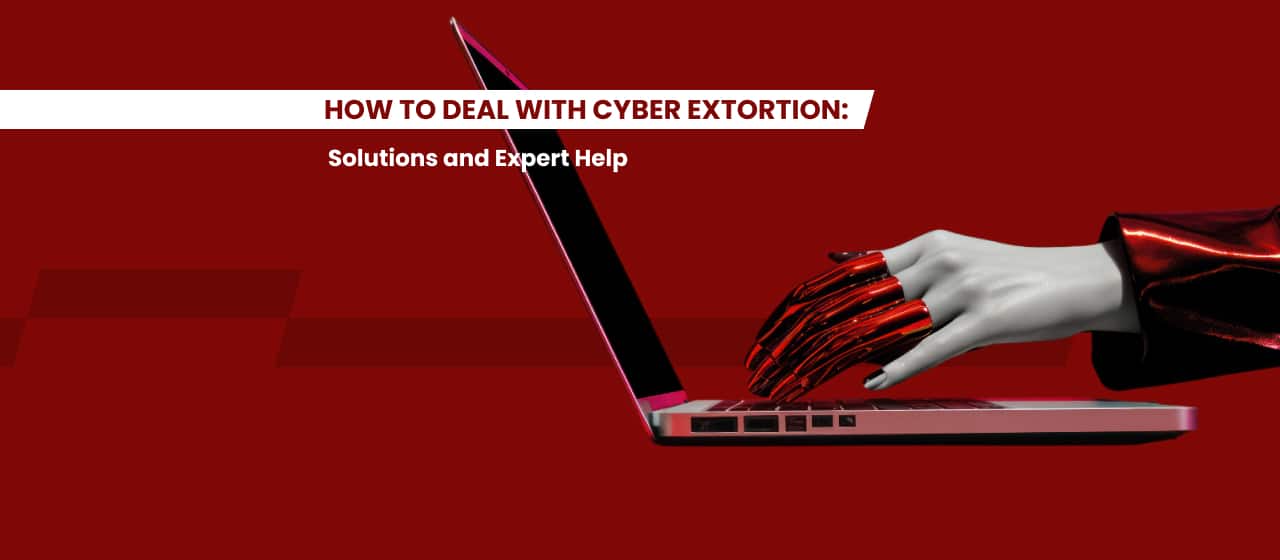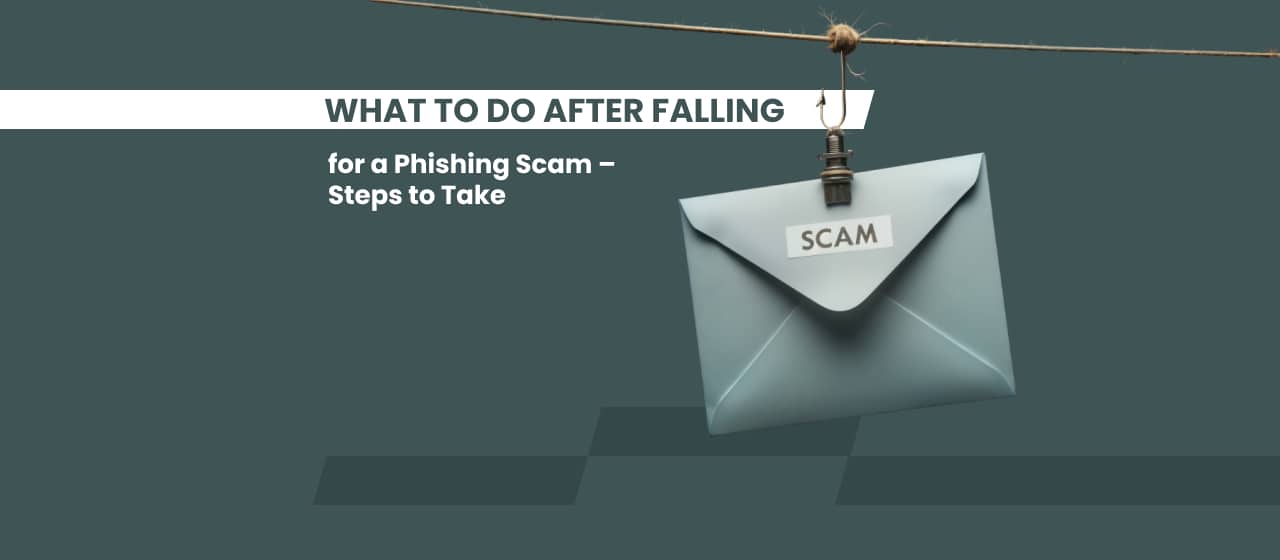Today, roughly 53% of the world owns a smartphone, carrying a video camera with them everywhere they go. Our devices allow us to capture precious moments of our lives, but they can also open us up to online scams. Bad actors can steal, alter, or entirely and completely manufacture media that can be used to manipulate or blackmail their targets. The advancement of technology has made these schemes difficult to identify, but you can apply the information below to protect yourself from online video scams.
Types of Video Scams
Cybercriminals use videos in a number of ways. They may use a video of you — doctored or unaltered — as blackmail leverage and say they will share it with your close contacts. Or, they might post the scam video to YouTube and other video sharing video–sharing platforms.
In some instances, they may use an AI-generated video to inspire you to carry out a certain action. Knowing the different types of video scams can help you plan your response.
Video Blackmail
You may receive a message online saying that the sender has obtained video of you doing something you’d rather not have the public see. They tell you they will delete the video if you pay them. However, if you refuse their request, your video will be plastered across the internet on sites like YouTube.
Although not always the case, these messages are often part of mass-produced blackmail schemes targeting thousands of unsuspecting internet users. The perpetrators often get base-level information from data breaches and insert them Mad Libs-style into a generic script, hoping anyone will bite.
Deepfakes
AI is the hot topic of the technological world. While its use can be fun and beneficial, it can also enable cybercrime. Scammers can use deepfake technology to commit financial fraud, solicit private information, and even accuse people of crimes they never committed.
Recently, there have been numerous different large-scale scams that have utilized the tool in different ways. Deepfake celebrity endorsements have been running rampant on social media. Now, organized crime groups are creating fabricated news reports that appear to depict their target committing heinous crimes to use as blackmail leverage.
Phishing
What better way to “prove” your stolen identity than to provide a video that appears to confirm it? With the aforementioned deepfake technology, scammers can create convincing videos to accompany their phishing attacks with as little as eight minutes and $11.
These schemes can even dupe high-up executives. In 2023, an employee at a multinational firm joined what he thought was a video conference with the CFO. In reality, it was a deepfake video – and the employee ended up transferring roughly $25 million to the scammers.
On another note, some phishing attacks target users of video streaming platforms, otherwise known as Amazon Prime Video scams. In these schemes, scammers will set up malicious websites that attract searches such as “how to create Prime account” or “setting up Prime Video on my device”. When victims enter their credentials, the scammer gains access to their account information.
Hacked Webcam
One of the oldest and most popular video blackmail scams involves hacked webcams. While there are forms of malware that can truly give a hacker access to your webcam and the ability to record you, these assertions can also be bluffed.
A popular version of this scam involves sending video sextortion emails to unsuspecting targets. The emails allege that the sender hacked the victim’s webcam and recorded compromising videos. They might say they will delete the video after the target pays, but there is no guarantee. In some cases, the perpetrator has no video at all and is relying on the victim to panic.
Video Chat Scams
You may think that joining a video chat with an individual online would confirm their identity. However, advances in technology have enabled cybercriminals to forge video calls with prerecorded or AI-generated video feeds.
This is the case with a social media scam where perpetrators record their victims and then doctor and reuse the video to target the victims’ friends. They use the victim’s likeness to ask for money over video calls. When friends join the video calls, they are also recorded by the criminal, and the video recording scam perpetuates.
Another popular video call scam targets marketplace messaging boards. Scammers will pretend to be an interested buyer and ask to move the conversation to an external platform to join a video call. From there, they will ask the seller to share their screen, allowing them to steal their financial data.
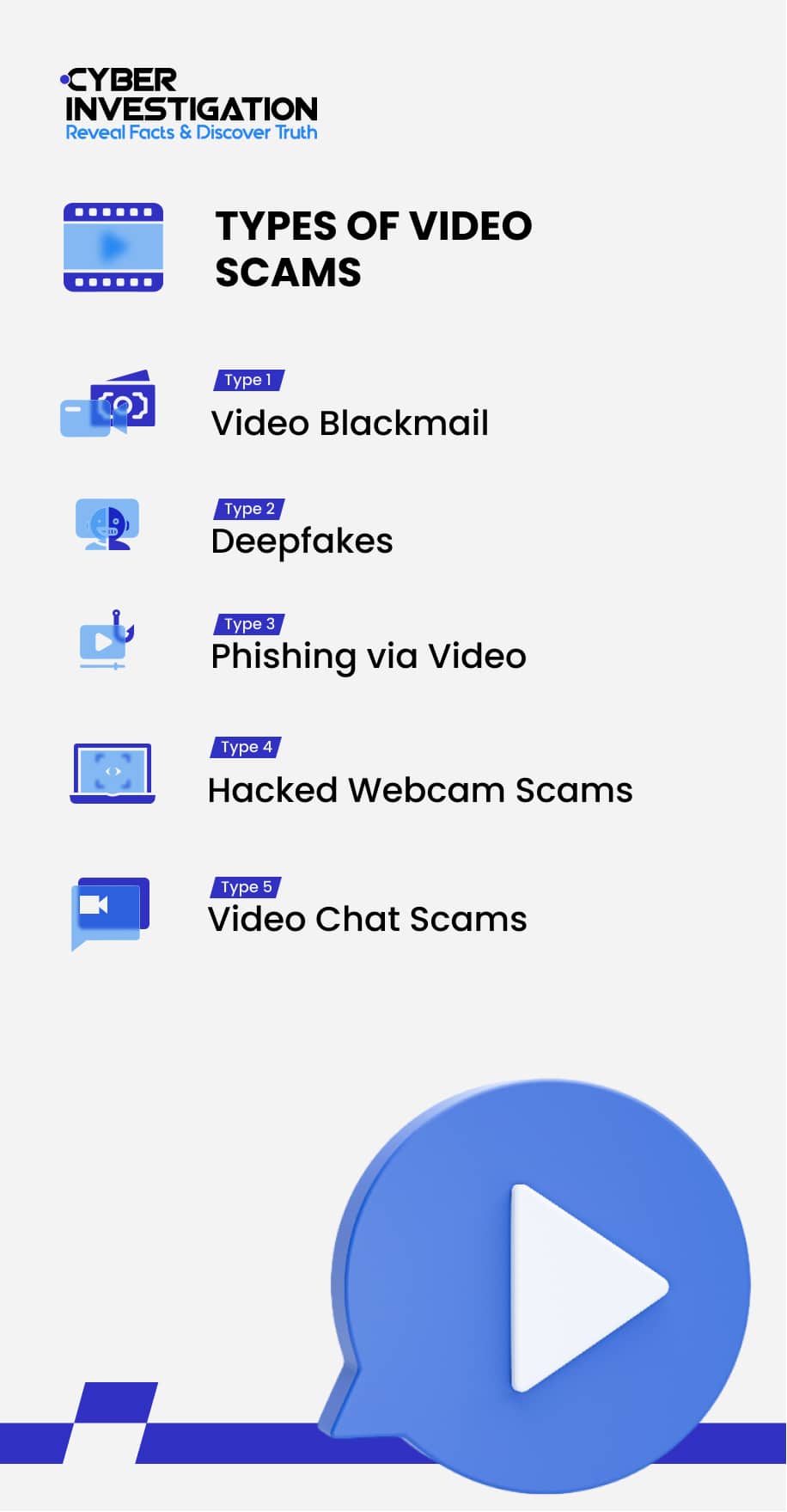
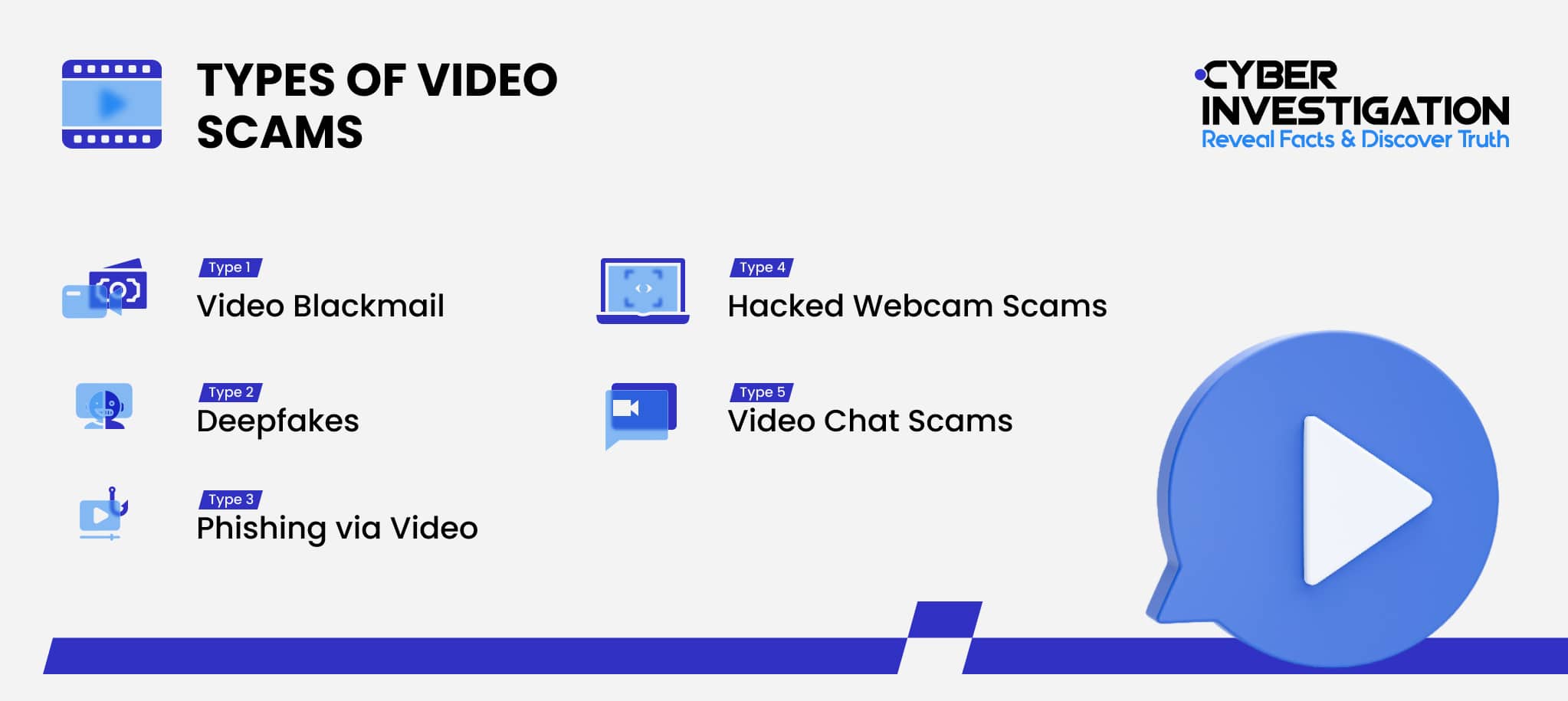
Common Tactics Used by Video Scammers
- Fake or Spoofed Accounts: Scammers may use a completely fabricated identity or borrow one from a trusted entity while they acquire blackmail material.
- Social Engineering: Once they’ve initiated contact, cybercriminals will strategically manipulate their target emotionally. There are no lies they aren’t willing to tell you to get you to believe their story.
- Malware: Scammers may employ malicious software to track your keystrokes, access your webcam, and extract your data. This can enable them to obtain videos of you that can be used in blackmail scams.
Common Red Flags of Video Blackmail Scams
- Unsolicited messages. Scammers send tens, if not hundreds, of messages hoping someone will respond. Approach all messages from people you don’t know with caution.
- Quickly advancing the relationship. Catfishers use compliments and affection to quickly establish trust with victims. They will say things like “You’re my soulmate.”
- Poor grammar or unnatural language. Many of these blackmailers are not native English speakers. They will make grammar mistakes or word choices that sound unnatural.
- Suspicious Profiles. Fake profiles are typically recently created and have little to no posts on their timeline. These accounts often include stolen profile pictures, unusual followings, and abnormal posting habits.
- Attempt to direct the conversation off the platform. Scammers often attempt to steer the conversation onto private messaging apps. Encrypted messaging platforms allow criminals to blackmail victims or carry out video sextortion without a lot of oversight.
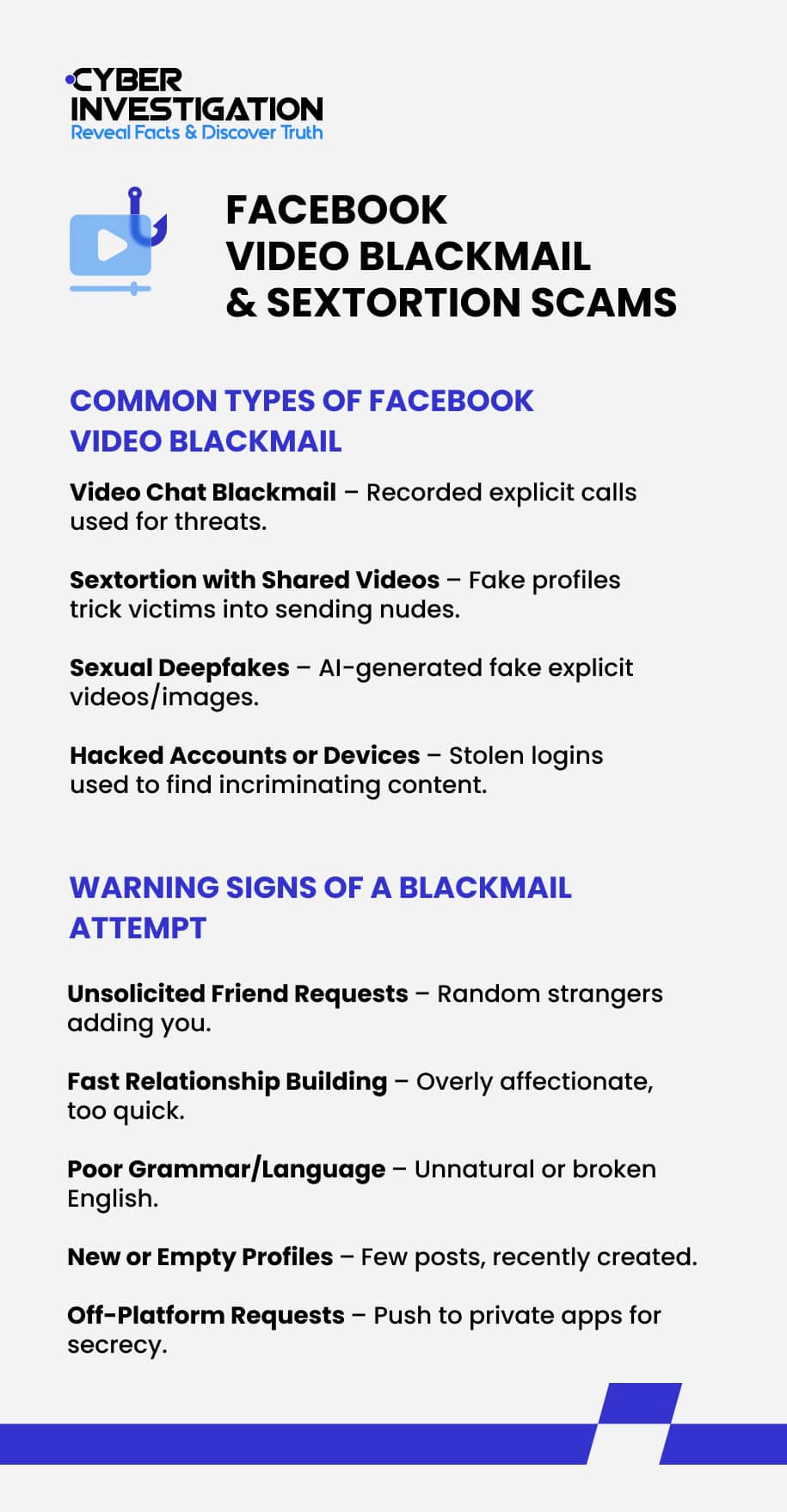
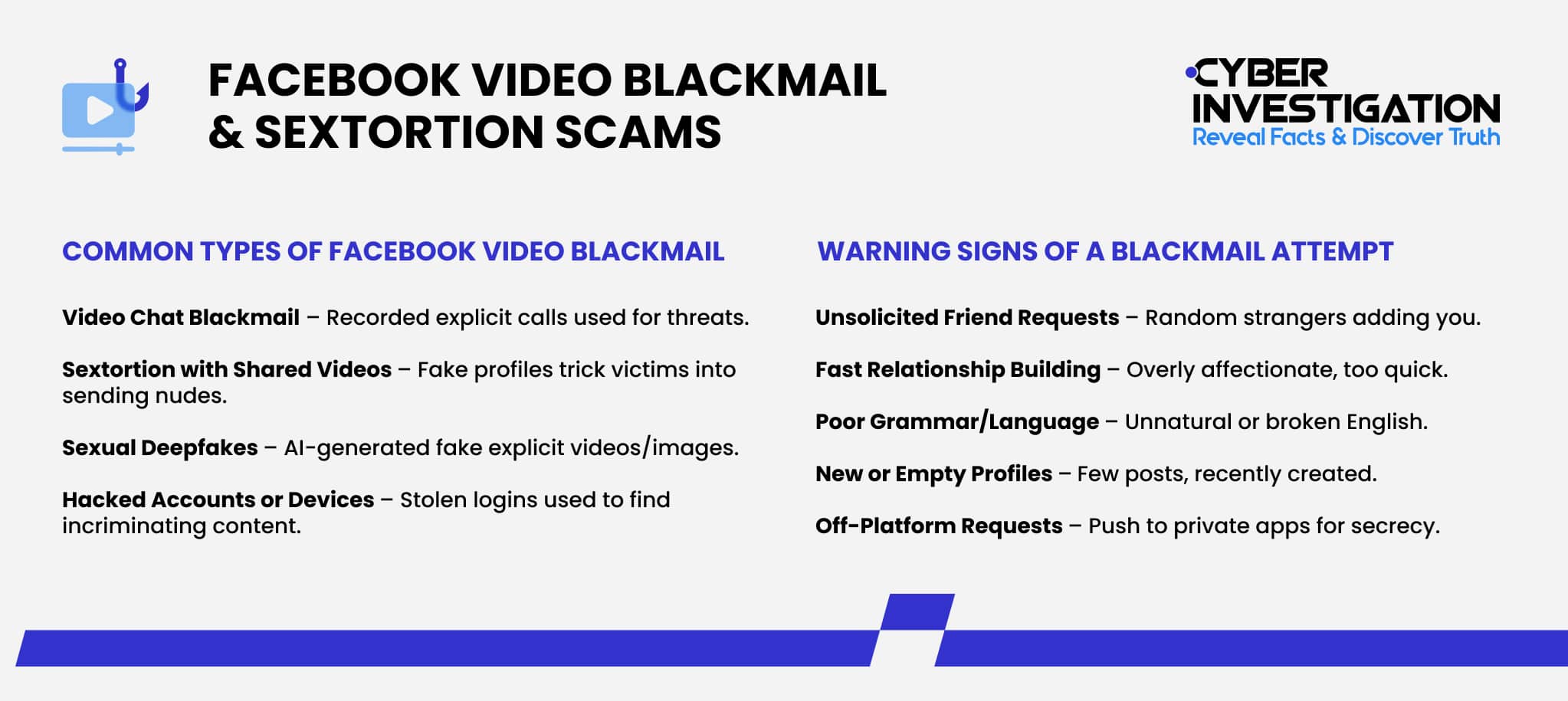
Timing is Critical: Why You Need to Act Fast to Stop Video Blackmail
If you’re a victim of video blackmail, taking quick action is critical. The steps you take in the first few days can make all the difference in protecting your privacy and stopping the threat. Timing matters.
Acting swiftly can help prevent the public sharing of your intimate content and increase the chances of a successful resolution. Don’t wait or try to handle this alone. The sooner you respond, the more options you have to regain control.
- Do Not Pay. It might feel like the quickest way to make the problem go away, but paying a blackmailer only makes things worse. Sending money won’t guarantee that your content stays private. In fact, it almost always leads to further demands. Once a criminal knows you’re willing to pay, they’ll continue to exploit you. The threats and harassment won’t stop — they’ll escalate.
- Do Not Engage. Avoid arguing, pleading, or trying to reason with the blackmailer. Any response can fuel their attack on you and increase the pressure. Silence is often your strongest defense.
- Do Not Block Them. It might seem like blocking the perpetrator is the safest move, but it can actually provoke retaliation. In many cases, blocking drives them to leak your content out of anger or frustration.
- Stall for Time. Buy yourself some time to think with delay tactics. You can say you’re waiting for a paycheck or need more time to gather the money. Use this delay to your advantage. Every minute gives you a chance to get help.
- Contact Cybersecurity Experts. This is the most important step. While you stall for time, reach out to private cybersecurity firms. These experts use advanced tools such as IP tracing and digital forensics to identify the criminal, gather evidence, and work to put an end to the harassment. You don’t have to face this alone. With the right help, you can fight back.
Report the Video Blackmail
If someone is blackmailing you with a video, it’s crucial to report the crime to both the platform and law enforcement.
- Gather Evidence. First, document the threat. Take screenshots of the culprit’s profile, including their username, profile picture, and any messages or threats they’ve sent. You don’t need to save the explicit content itself — just evidence of the communication and coercion. This information is key for both platform administrators and investigators.
- Report the Blackmail to the Platform. Each of the major platforms has built-in tools for reporting harassment, impersonation, and sextortion, including video blackmail on social media (Facebook, X, Instagram). Use these tools to report the account and include the evidence you’ve collected. Platform administrators will typically review your case, investigate the activity, and take appropriate action, which may include suspending or removing the blackmailer’s account.
- Contact Law Enforcement. File a report with your local police department and the FBI. You can report cybercrimes like video sextortion through the FBI’s Internet Crime Complaint Center (IC3). Reporting to law enforcement not only helps protect you — it creates an official record that can be used to investigate, identify, and ultimately prosecute the offender.
How Cyber Investigation Inc. Can Help You Deal with Video Scammers
At Cyber Investigation Inc., our team of experts know exactly what to do to combat blackmailers. We can analyze your devices for any malware or unauthorized access to determine if your system has actually been compromised.
Our proprietary tools and techniques allow us to analyze metadata and other digital trails left behind by your online interactions. Through this, we can determine the IP address, geolocation, and even the devices used to attack you.
If you believe your blackmailer has already disclosed videos of you, we can scour the internet to find any instances where they have been posted. This includes mainstream video platforms like YouTube as well as lesser-known dark web outlets.
We document our entire process from start to finish to ensure the chain of custody is maintained. This upholds the validity of your report and allows you to use it as evidence against your blackmailer in legal proceedings.
Staying Vigilant to Avoid Future Video Scammers
- Secure Your Accounts: Check your online accounts for any unauthorized login attempts and terminate any sessions which you don’t recognize as your own.
- Audit Your Online Presence: Take time to evaluate the content you share online and consider how it could be used against you by a blackmailer.
- Analyze Videos: While altered media can be convincing, you can often see through the façade by looking for details such as weird shadows and lighting, lip movement that doesn’t match the audio, and other abnormalities that almost appear to be a “glitch”.
- Verify Identities: Using the internet requires a zero-trust mindset. You should always confirm that the person you are speaking with is actually who they say they are by reverse image searching their photos, asking personal questions, and vetting their profiles.
- Don’t Click Suspicious Links. Many video scam emails claim to have videos that they don’t and contain links to either make payment or view the alleged content. These links often contain malware, and clicking on them may open you up to a legitimate spyware scam.
- Use a Reputable Antivirus. Regularly scan your devices to detect any unwanted programs and malicious software. This can help you determine the validity of a spyware claim and protect your personal data from the wrong hands.
And if you ever need help dealing with online video blackmail, Cyber Investigation Inc. is here. Don’t deal with this alone. Reach out today and speak with one of our specialists and begin your journey toward reclaiming your life.
